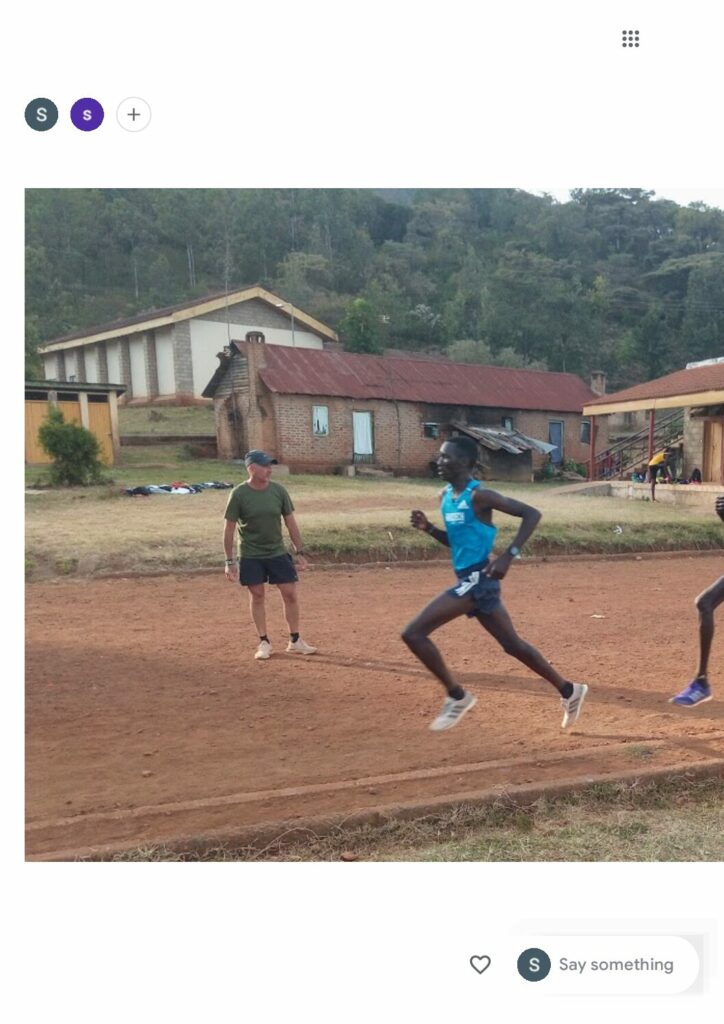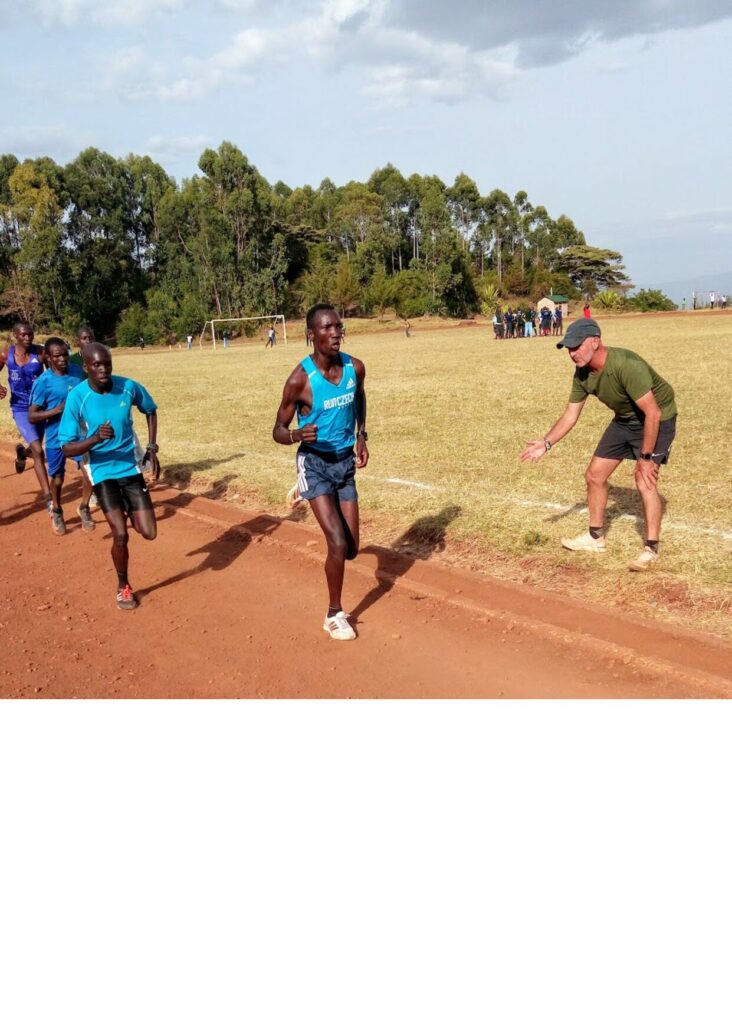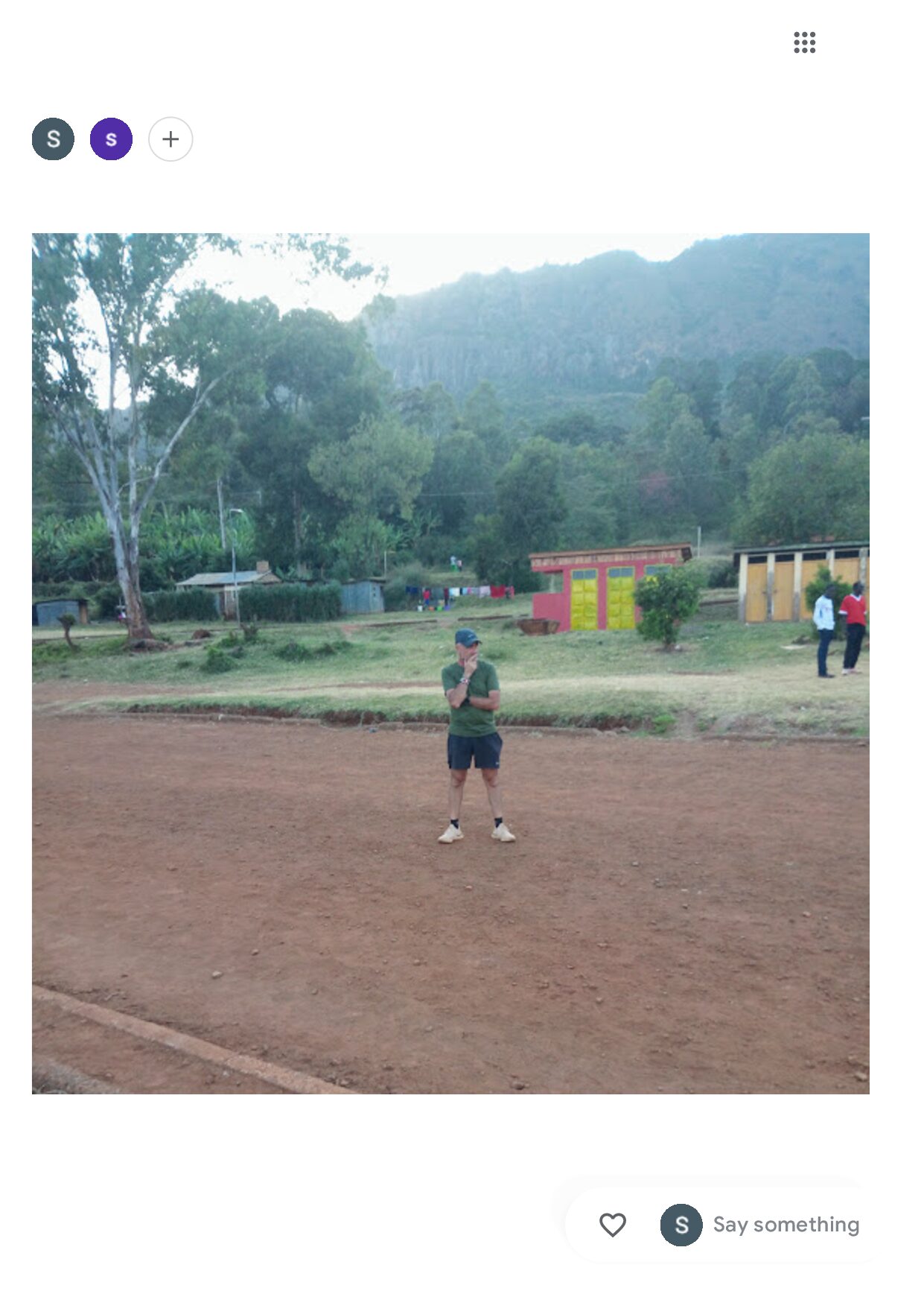In my previous post, we covered the importance of running slow to run fast. We looked at how the Kenyans run slow to facilitate recovery and adaptation. We also examined the thoughts of one of my athletes, Riley Cook (2hrs 16’ marathon, 63’ half marathon, and 3’42” 1500m).
The post triggered a great response on Strava, with many runners discussing the post and adopting the ethos of slow recovery runs. Furthermore, I received a ruck of emails about myriad topics, ranging from intervals and tempo runs through marathon specific training and drills.
Today, I had planned on going over the science of running slow and recovery runs, but based on the response to the first post, I’ve changed my mind. I realised that to go through the science of recovery runs would be like slamming in the windows of a house that hadn’t even had the plans drawn up. Pointless. Best to start at the beginning.
One of the emails I received, enquired about my coaching philosophy. This made me smile. It also made me think. I don’t have a system or systems—every runner is treated as an individual. Yes, I have certain workouts I assign at times to assess progress or to provoke a certain stimulus, but no two runners are the same.
Like most good coaches, I believe coaching is an art. I also believe that most coaches stuck in the club/college systems in Europe/USA are working like headless chickens, chasing their tails with outdated science; they’re toiling away with a fallacious craft and have no understanding of the technique of coaching—without technique, there is no art.

This, for me, is one of the many reasons why Europe and the US are so far behind many of the African countries. (Note: there are many reasons but poor coaching is a key reason.) But rather than address high dropout rates, poor standards, and all the problems with coaching in Europe and the US, I want to discuss what I mean by the art of coaching.
The American poet, Robert Frost, said, ‘Poetry is what gets lost in translation.’ For me, good coaching is what gets lost in translation.
So many times, I’ve seen coaches and runners pinching my workouts and employing them blindly; I have no problem with this—I do know, however, the coach is making a big mistake. I’ve seen coaches pilfer my workouts, try to disguise them by changing paces/volume/recoveries, and have no understanding at all, how the workouts fit within the framework of a runner’s development—within progressive and structured programmes. Because they don’t understand the nuances of coaching, because they are too lazy to spend time learning the craft and technique of coaching, they’ll never produce or understand the true art of coaching.
What do I mean by the craft and technique of coaching? Simple: the necessary tools to produce outstanding results in a layered fashion—the art of coaching.
Let’s look at craft first. Craft is where we begin.
Craft is the science of running—it’s passionless and as desiccated as Athena’s divine essence. It’s the basics you need to learn to get crappy certificates. It’s the cruddy stuff you learn from books, at college, and on the coaching courses run by governing bodies—it gets kids to win county/state championships, before they jack with injuries (mainly stress fractures), bored, stale, and disillusioned. It produces coaches who believe they know it all but can’t coach. Too many wannabe coaches go down this route and don’t question anything—they live and operate within the paralysis of nescience. True art—beauty—finds expression in freedom; it pumps from the omphalos of life. Feel trumps VO2 max.
So if craft is the outdated science—the starting point—what is technique? Ah, now we’re getting into the juicy stuff…
Technique, as I see it, is how the coach works with miles, kilometres, metres, minutes, and seconds, his management of surface, intervals, hills and nuanced recovery; it’s the quintessence of the coach. It’s the endless and silent forays into the realms of the impossibly possible: an overactive invader, gently pillaging the memory bank of experience and the melding together of new forms to produce art. It’s the articulation of knowledge, evinced with deft strokes in daily runs and weekly schedules; it’s the cumulation of life expressed within versatile and flexible micro and macro cycles. Technique is what gets lost in selective plagiarism. It’s the unfathomable beauty of life, which stems from an experienced life lived by an artist capable of making sense out of the pellmell of life’s vicissitudes—it’s an invisible gift from, Zeus.

Next time, I’ll show you the greatest masterpiece of all time; I’ll deconstruct it, show you the individual smithereens, and build it back up, so that in the running world, it becomes the Hamlet, The Wasteland, the Ulysses—the indisputable, cynosure.
